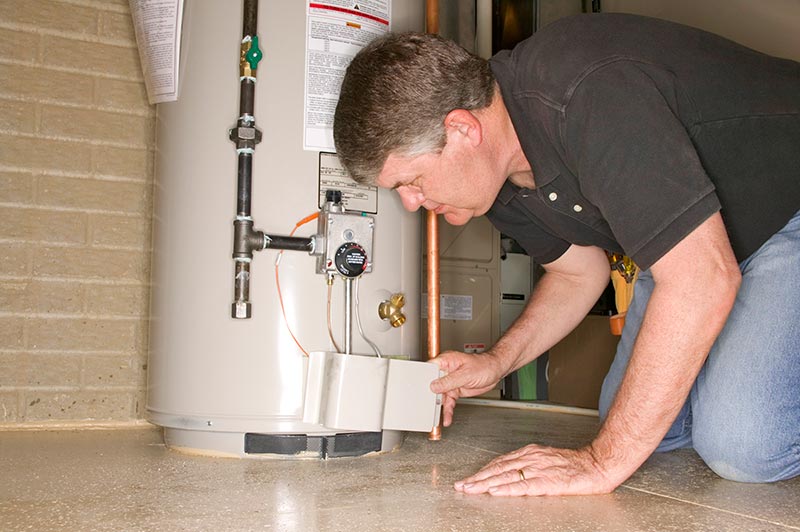 Need a new water heater? In order to start a search, you need to decide between the two main water heater types: traditional (or “tank”) water heaters and tankless water heaters.
Need a new water heater? In order to start a search, you need to decide between the two main water heater types: traditional (or “tank”) water heaters and tankless water heaters.
Is one better than the other? How do you decide?
Like every purchase, there are pros and cons to consider both types. In order to make the right decision, you must first understand the differences between them.
All About the Tank Water Heater:
- Stores and preheats water in a tank. The preheated water is used whenever someone takes a shower, does the laundry, or washes dishes. The tank then refills to be reheated again.
- The most common tank sizes are 40, 50 and 75 gallons.
- It can use natural gas, propane or electric to heat the water, but it only holds a limited amount of hot water, depending on the size of the tank.
- It could result in higher energy costs, due to the fact that the heater kicks on periodically in order to maintain the water reserve at a specific temperature.
- Normally takes up more space in your home, but repair parts are more readily available.
- Generally less expensive.
- It is very similar to brand-to-brand and generally lasts between 8-12 years. If the unit is eight years or older and requires repairs, it may be a better option simply to replace the unit.
- A gas or electric water heater can continue to produce hot water, even if the tank is leaking. However, if there is a tank leak, it cannot be repaired and would need to be replaced.
- May make more sense if you are on a limited income and need a quick replacement.
All About the Tankless Water Heater:
- Heats water directly without the use of a storage tank. For example, when a hot water tap is turned on, cold water travels through a pipe into the unit, and either a gas burner or electric element heats the water.
- Delivers a constant supply of hot water, assuming that the water heating capacity is large enough to supply the needed water demands of the household.
- Takes up little space in your home, mainly because there is no storage of water.
- The water is heated only when it is needed.
- Requires regular maintenance.
- Must have an adequately sized natural gas or propane hookup, along with electricity to all units.
- Must have a water softener to accompany it.
- It is a better choice for large families when multiple units are installed.
- It comes with a more expensive up-front cost, but it can possibly save you more than $100 annually in lower energy bills.
So How Do You Choose?
Pick the water heater that best fits your water usage, lifestyle situation, and budget. And, if you really aren’t sure, have someone from Korrect Inc. come out and assess your needs, to assist in determining what is best for your home.
